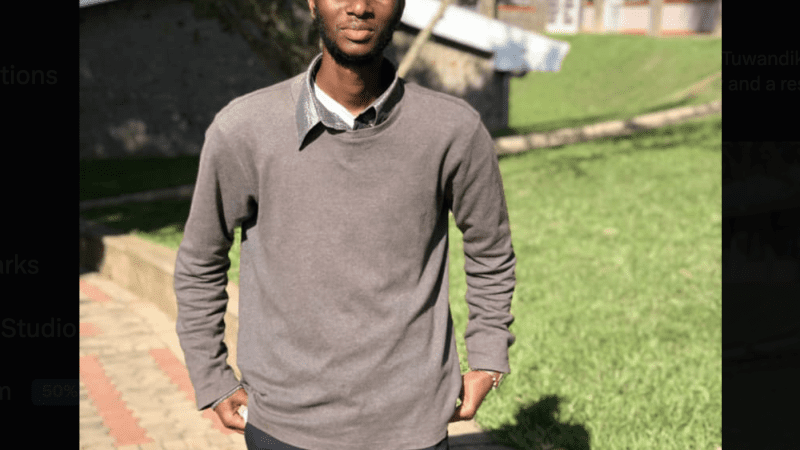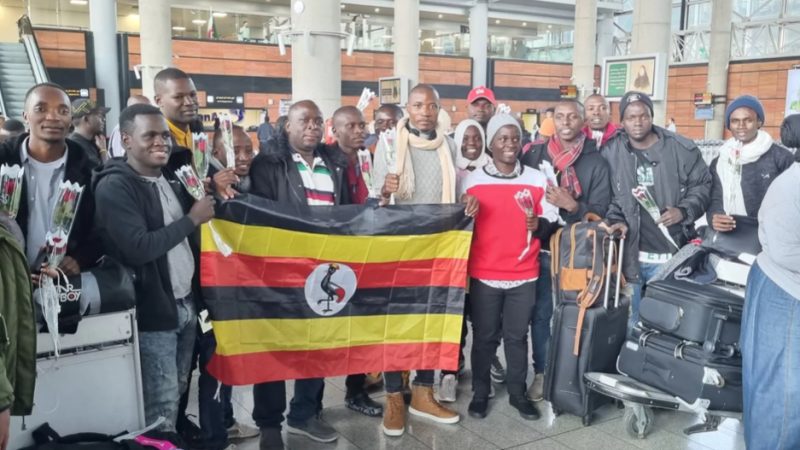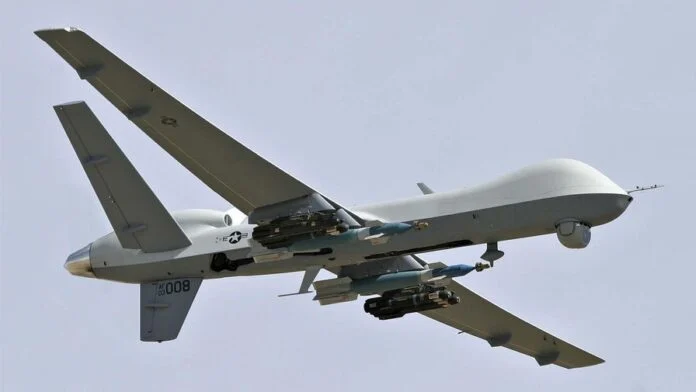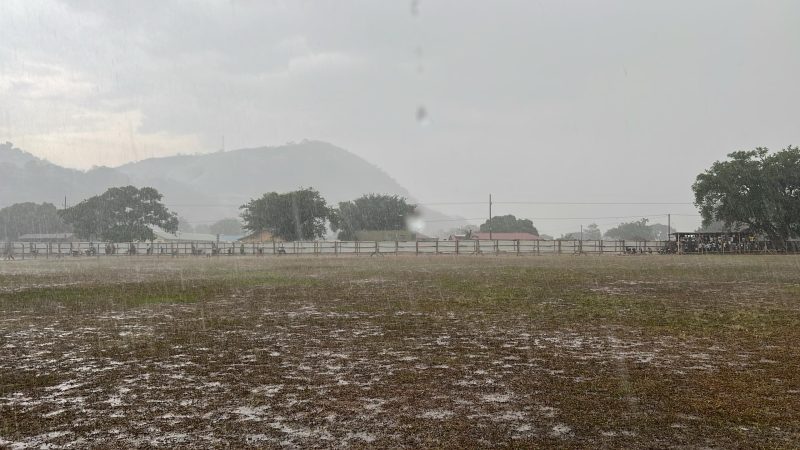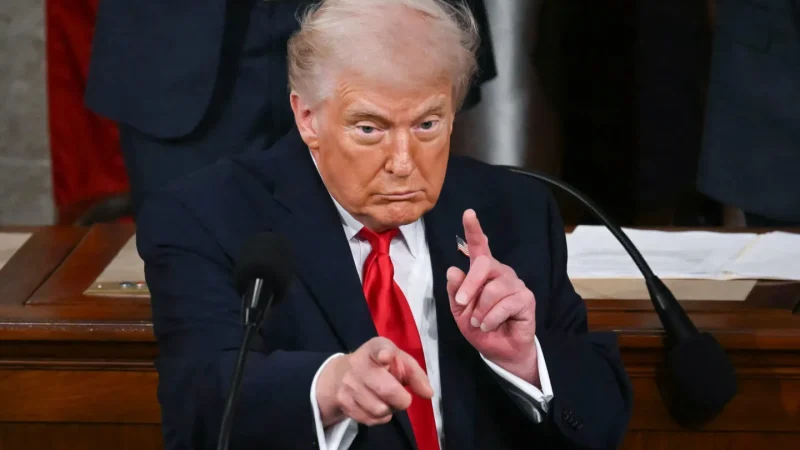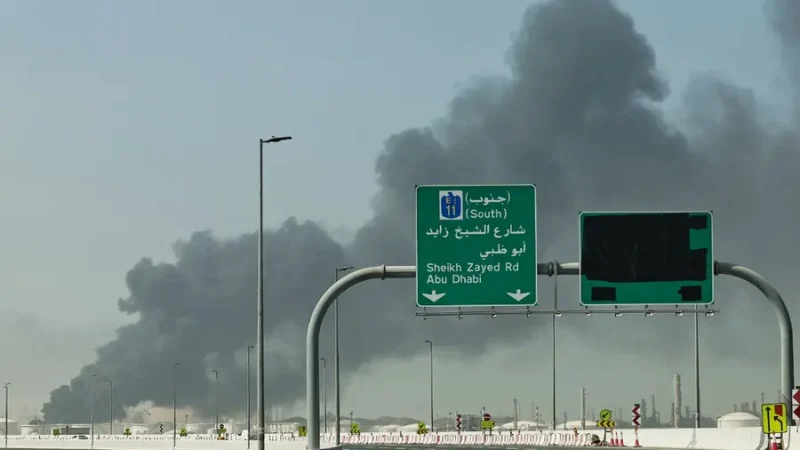The South Sudanese government Monday has urged the Security Council to reconsider its plan to impose individual sanctions of senior government officials saying this move would affect the regional efforts to end the conflict.
The Security Council on Friday 25 May discussed at informal meeting a draft resolution proposed by the United States and approved to slap individual sanctions on Kuol Manyang Juuk South Sudan Defence Minister, Malek Reuben Riak Rengu, Deputy Chief of Defence for Logistics in South Sudan’s army, Martin Elia Lomuro, Minister of Cabinet Affairs, Michael Makuei Lueth Minister of Information, SPLM-IO Governor of Bieh State Koang Rambang Chol and Gen Paul Malong Awan Former SPLA Chief of Staff sacked by Kiir in May 2017.
Reacting to this measure, the foreign ministry spokesperson in Juba, Mawien Makol Ariik said sanctions would affect the peace talks because it would embolden the opposition groups and stall the peace talks.
“Sanctions are not the solution,” he further told the UN-sponsored Radio Miraya on Monday.
“So, we are asking the Security Council to reconsider the individual sanctions and try to build in support of the peace process,” he added.
The punitive measures will be discussed and likely approved on Thursday 31 May, during an open briefing of the 2206 South Sudan Sanctions Committee. The meeting also will be briefed on the final report of the Panel of Experts.
In a diplomatic note to the foreign ministry headquarters, the deputy head of the South Sudan mission to the United Nations Amb Cecilia AM Adeng told Juba in a note dated on 25 May the Security Council would likely adopt the resolution.
She further suggested lobbying Russia and China to use their veto against the resolution warning that they “will most likely abstain”.
Ambassador Ariik went further to say the defence and the cabinet affairs ministers cannot be held responsible for the violations of the ceasefire or the peace agreement
“These people are not involved (in the violations) what so ever,” he asserted pointing to the ceasefire mechanism saying it works to identify the violators.
The Troika countries including, Britain, Norway and the U.S., believe that Juba should be put under huge pressures to bring it to make the necessary concessions to end the nearly five-year conflict.
REPORT: Sudan Tribune


